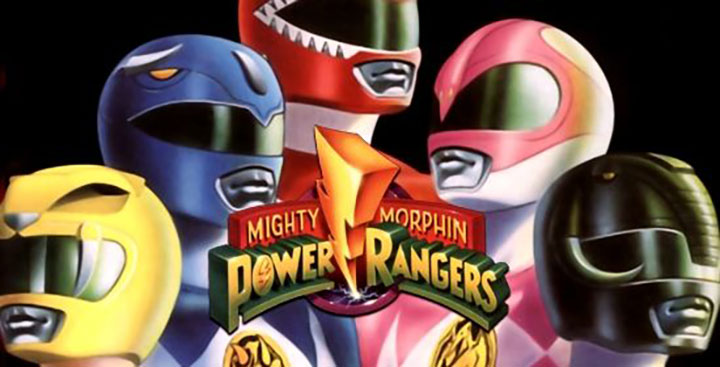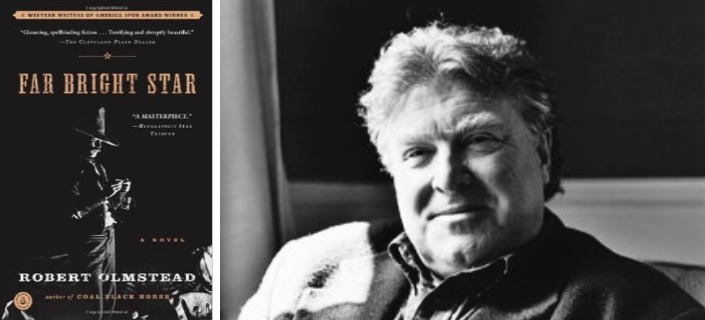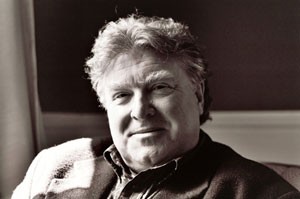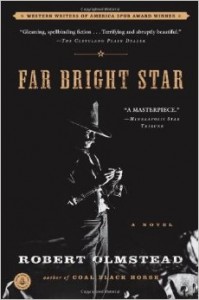By Madison Williams, Transcript Correspondent
It’s mighty morphin’ time.
Reminiscent of a classic action movie, Power Rangers embraces the nostalgia of the stereotypical superhero plot, while also breaking down walls and destroying barriers.
Originating from a television series started in 1993, the new Power Rangers reboot released this March, features a racially diverse cast, including a character on the Autism spectrum and another who is questioning her sexuality.
The reboot has gained widespread attention for its prominent inclusivity, and attention to diversity. Its representation of minorities in mainstream media is an essential yet often ignored notion.
“We stuck to the original concept of having a very diversi ed cast. I don’t think a lot of movies take that kind of risk of having a maybe gay character as a super-hero and an autistic kid as a superhero,” said Power Rangers creator Haim Saban in an interview with CNN.
In the Power Rangers movie, the rangers are not de ned by their differences such as being on the autism spectrum and questioning one’s sexuality. Instead, they exist as multi-dimensional superheroes, capable of being strong yet vulnerable, in a sense human and relatable.
“Movies like Power Rangers are so important for representing queer people and neurodiversity,” said freshman Brandon Meyer, who is also a member of the Pride Club. “As long as the representation is done well and is good representation, it will actually be noticed by a large portion of people.”
Seeing inclusion in the mainstream media puts forth an idea that it is acceptable to differ from what is deemed traditionally, socially, and culturally acceptable in our society.
This message is one that can and should be reflected in all aspects of our culture, and used to inform the public in how they should positively contribute to acceptance and inclusion.
On a campus that is “committed to providing a supportive and richly diverse culture on our campus,” according to Ohio Weslyean’s website, it is imperative that the school continues to learn and grow from the messages of inclusivity depicted in mainstream media, and movies like Power Rangers.
“Diversity, to me, means having many different types of people. We have made strides there. The key is inclusion so that not only are all included but all are represented. That, though, is harder to achieve,” said Professor Bob Gitter, a Joseph A. Meek professor of economics.



